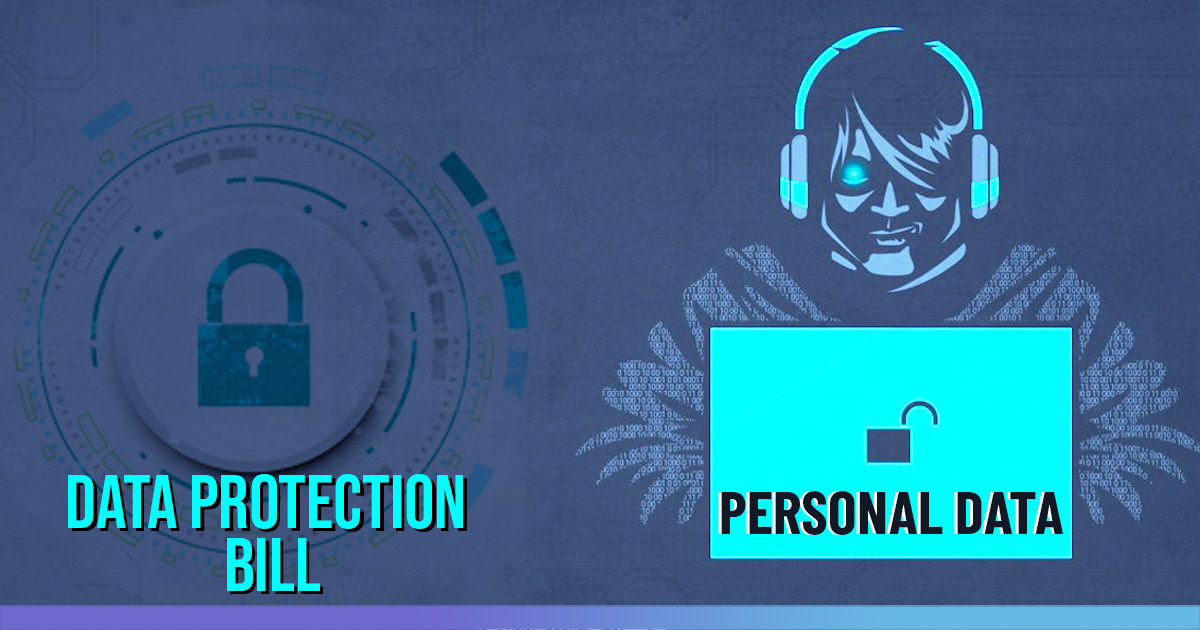Data Protection Bill to Boost India’s Global Reputation Ahead of Monsoon Session says PM

Data Protection Bill to Boost India’s Global Reputation Ahead of Monsoon Session says PM
In anticipation of the Monsoon session of Parliament, Prime Minister Narendra Modi expressed confidence that the upcoming data protection bill, set to be presented in Parliament, will enhance India’s global reputation once it becomes law. The bill aims to address critical issues concerning data privacy and protection, and its successful enactment is expected to bolster India’s standing on the international stage in terms of data governance and cybersecurity.
The government’s efforts to safeguard citizens’ data and create a robust framework for data handling are seen as significant steps toward ensuring data sovereignty and instilling trust in India’s digital ecosystem.

Prime Minister Narendra Modi emphasized the significance of the upcoming Monsoon session of Parliament, highlighting the introduction of critical bills that directly impact citizens, particularly the younger generation actively engaged in the digital world. He acknowledged the increasing influence of technology and the need for robust data protection measures to safeguard citizens’ interests.
The data protection bill, once enacted, is expected to instill trust among every citizen of the country regarding the handling and security of their data. Additionally, the implementation of this bill is projected to enhance India’s global reputation, showcasing the country’s commitment to data privacy and cybersecurity on the world stage.
The demand for a comprehensive data protection law has been growing since the landmark Supreme Court ruling in 2017, which recognized the Right to Privacy as a fundamental right with reasonable restrictions. This ruling highlighted the need for a robust legal framework to protect individuals’ data from unauthorized access, misuse, and breaches.

As technology continues to advance and digital interactions become an integral part of people’s lives, ensuring the security and privacy of personal data has become a pressing concern for various sections of society. The data protection bill aims to address these concerns and provide citizens with greater confidence in the handling of their sensitive information, in line with the constitutional protection of their right to privacy.
The draft of the Digital Personal Data Protection Bill was released in 2021 as a replacement for the earlier version known as the Personal Data Protection Bill, which was withdrawn by the Indian government in 2019. The decision to withdraw the earlier version was attributed to the need for further revisions and updates to align it with contemporary data protection challenges and ensure compliance with evolving international standards.
The new draft, known as the Digital Personal Data Protection Bill, aims to address the increasing complexities and risks associated with data protection in the digital age. It focuses on safeguarding individuals’ data and providing a framework for organizations to handle data responsibly and securely. The bill aims to establish clear guidelines for data processing, consent mechanisms, data localization, and penalties for non-compliance, among other provisions.
The introduction of the new draft bill reflects the Indian government’s commitment to modernizing data protection laws and aligning them with global best practices to enhance individuals’ privacy rights and foster trust in the digital ecosystem.

The Digital Personal Data Protection Bill has gone through various rounds of consultations and revisions to ensure that it addresses the concerns and feedback from different stakeholders. After these consultations and incorporating necessary changes, the bill has received approval from the cabinet, clearing the path for it to be presented in Parliament.
The consultations have been crucial to gather insights from experts, industry representatives, civil society, and the general public to create a robust and comprehensive data protection framework. By incorporating these inputs and making necessary amendments, the government aims to develop legislation that balances the protection of individuals’ data with the requirements of businesses and other organizations.
Once the bill is tabled in Parliament, it will undergo further scrutiny and debates before it can be enacted into law. The introduction of the bill and its potential passage into law is a significant step towards strengthening data protection measures in India and ensuring the privacy and security of individual’s data in the digital age.

Once the Digital Personal Data Protection Bill is presented in Parliament, it will go through multiple stages of scrutiny and approval before becoming law. The usual legislative process includes introducing the bill in either the Lok Sabha or Rajya Sabha, followed by a first reading without debate or voting. During the second reading, a detailed examination takes place, where MPs can propose amendments and discuss the bill’s provisions. Additionally, there is a possibility that the bill will be further studied by a parliamentary committee before it undergoes voting and enactment into law.




